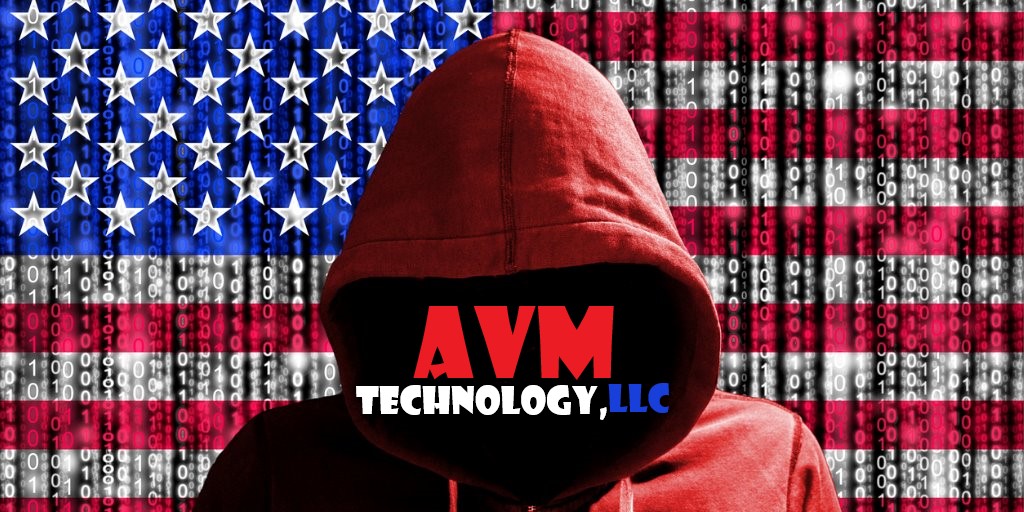Computer Forensics Civil Cases
In civil litigation, computer forensics play an important role. A missed item of evidence can be the difference between a substantial jury verdict and a dismissal of a case. Any litigation matter that involves digital evidence, whether located in a computer, laptop, tablet computer, smart phone, thumb drive, portable drive, SD card, and others i
...
In civil litigation, computer forensics play an important role. A missed item of evidence can be the difference between a substantial jury verdict and a dismissal of a case. Any litigation matter that involves digital evidence, whether located in a computer, laptop, tablet computer, smart phone, thumb drive, portable drive, SD card, and others is fertile ground for discoverable evidence. Even deleted items are very relevant when examining claims. Issues of spoiliation arise on every case where a party purposely deletes digital evidence. Even criminal cases such as computer trespass (hacking, or violation of the Computer Fraud and Abuse Act), access device fraud, credit card fraud, and others provide for civil remedies to the victims. Also, in cases of divorce a spouse may have illegally obtained access to the other spouse's email, or social network (such as Facebook, Twitter, MySpace) in violation of the law. A computer forensics expert will examine digital evidence, some of which may be deleted or hidden. See also: What is computer forensics?
Some examples of civil cases that involved computer forensics include:
Hall v. Great-West - This case illustrates computer forensics issues related to the admissibility of email evidence during an employment discrimination case. At issue was whether paper copies of emails were admissible during the litigation. This case was decided by the U.S. Court of Appeals for the Eleventh Circuit under Georgia law.
Bimbo Bakeries v. Botticella - A case that relied on the use of computer forensics to determine if the appellant, a VP of Operations, copied company confidential files onto his personal computer before leaving his job to work for a competitor.
Leon v. IDX Systems - A case relying heavily on computer forensic analysis in determining that the plaintiff despoiled evidence by deleting 2,200 files from his IDX-issued laptop computer during the pendency of litigation in which the plaintiff was suing his employer, the defendant, for placing him on unpaid leave, alleging violations of the anti-retaliation provision of the False Claims Act, Title VII, the Americans with Disabilities Act ("ADA"), and Washington state law. The plaintiff was specifically warned that he should "ensure no data on the laptop is lost or corrupted so as to avoid any possible despoliation of evidence." After conducting a forensic analysis, the defendant's expert reported that all data in the hard drive's unallocated space had been intentionally wiped, and also reported that the computer had been used to view and download pornography. The expert concluded that more than 2,200 files had been deleted. After receiving this information, the defendant moved for dismissal of Plaintiff's action based on his intentional spoliation of evidence.
Berryman-Dages v. Gainesville - A case in which a non-party who was subpoenaed for examination of computers, laptops, hard drives, etc., to aid in showing that the plaintiff was demoted due to discrimination based on gender and sexual orientation. The non-party whose hardware was subpoenaed filed a Motion to Quash Subpoenas.
U.S. Gypsum v. Lafarge North America - A case in which computer forensics expert witness testimony was called for to testify to the adequacy of the plaintiff's data protections measures and the manner and extent to which documents were obtained by the defendant. Plaintiff brought suit against Defendant, alleging that Defendant infringed its patents and stole confidential information. The matter at hand here is a discussion on motions to bar the testimony of the parties' expert witnesses pursuant to Federal Rule of Evidence 702 and the Supreme Court's opinion in Daubert v. Merrell Dow Pharmaceuticals, Inc., 509 U.S. 579, 113 S.Ct. 2786, 125 L.Ed.2d 469 (1993).
Allen v. Cain - An issue in which petitioner brought suit against his prior state court counsel for keeping one of three computers seized by police during his criminal proceedings. The petitioner filed a Motion to Compel Production of Newly Discovered Old Evidence and Request for Computer Forensics Expert Examination, which requests that the Court compel his former state court counsel to produce the computer seized by police during his criminal proceedings. The motion was denied because the petitioner had shown no previous effort to regain his property.
Webb v. CBS - In this case the defendant, CBS, was compelled to hire a computer forensics expert to examine the plaintiffs' personal computer and review the results due to the plaintiffs' failure to comply with their discovery obligations under the Federal Rules of Civil Procedure, for providing misleading statements in depositions and false affidavits to the court about the existence of discoverable information, for their counsel's active concealment of confidential CBS documents, and for violation of the court's order closing discovery.
